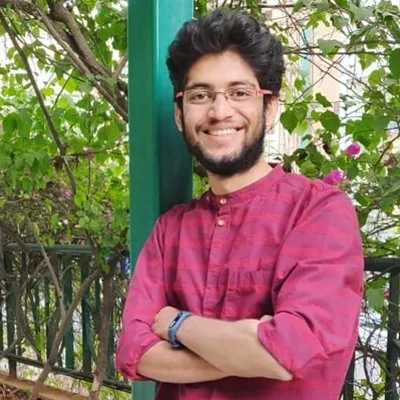Though the Karnataka government stopped a nutrition supplement programme in two backward locations of the state almost two years ago despite its promising results, it now appears the state has not yet taken a final call on shutting down the project. The Multi-Sectoral Nutrition Project had been launched in 2015 on a pilot basis in Chincholi, Kalaburagi district and Devadurga in Raichur district, and has been paused since late 2018.
The project, funded by the World Bank and Japan Social Development Fund (JSDF), aimed at reducing malnutrition among pregnant women, children, and adolescents and break the vicious cycle of malnutrition. The government provided Shakti Vita, a fortified mix consisting of locally grown Raggi, corn, soya, wheat, green gram, and groundnut to pregnant women.
An official who was closely involved with the project told indianexpress.com the pilot had shown positive results. “The pilot project was discontinued in September 2018. There were discussions to take the programme to other parts of the state, but later that idea was dropped too,” he added.
The ‘Key Findings of Impact Evaluation of Karnataka Multisectoral Nutrition Pilot Project’ report accessed by indianexpress.com says: “There was a significant difference in the Intervention Blocks compared to the Control Blocks in the nutritional status as indicated by lower stunting of children and lower anaemia in adolescent girls in the intervention group compared to the control group.” It notes similar improvements on awareness of nutrition, health and sanitation-related issues and utilisation of various government programmes. There was overall well-being in children and adolescent girls in the Intervention group as assessed by qualitative methods, the report notes.
The project had focused on the scourge of malnutrition and anaemia, particularly among children and women in a sustainable manner and provide nutritional security to all the vulnerable groups. “Children under three years of age, adolescent girls between 11-18 years of age and pregnant and nursing women from poor households in Chincholi block in Kalaburagi district and Devadurga block in Raichur district were the primary project beneficiaries,” the official said.
Over three years, the attempt was to increase the consumption of nutritious foods and improve household nutrition-related knowledge and behaviour among adolescent girls and pregnant or lactating women from poor and vulnerable households. This was expected to help reduce the incidence of infant mortality, child mortality, maternal mortality, anaemia and micronutrient deficiencies among children, adolescent girls and women in the area. The government also created an awareness programme to enable behavioural change regarding proper child care, care of the girl child throughout her life cycle, of pregnant and nursing mothers, and proper dietary practices within existing family budgets.
That was when the funding stopped. “When the World Bank stopped funding which forced Hyderabad Karnataka Regional Development Board (HKRDB), now called Kalyana Karnataka Region Development Board, release Rs 2.5 crore in 2018,” a state official recalled. Soon, plugs were pulled on the project altogether and the unit set up in the pilot project area to prepare the formulated food at a cost of Rs 1 crore also stopped completely.
However, there might still be hope for the project. Speaking to indianexpress.com, Women and Child Development Minister Shashikala Jolle said, “According to my information, the project was discontinued due to lack of funds. We are yet to take a call on the multi-sectoral nutrition project which was earlier funded by the World Bank.”
While the pilot project is still stuck, it seems the learnings are being put to wider use. Jolle said as part of the Mahila Supplementary Nutrition Production and Training Venters (MSPTC) programme, the state will now train women to supply nutrition supplements to anganwadis to tackle malnutrition challenges. According to the proposal, the minister, each of these centres will have women aged between 22 and 32 from the most vulnerable sections of the society and members of Stree Shakti self-help groups. “The centres manufacture and supply food items under the supplementary nutrition programme to beneficiaries of the Integrated Child Development Scheme,” the minister added.
Karnataka has schemes like Mathrupoorna, Ksheera Bhagya and Srushti to tackle malnutrition, Jolle said. Mathrupoorna is aimed at fulfilling the nutritional needs of pregnant and lactating women in the state started in 2017. As part of ‘Ksheera Bhagya’, the state provided free milk to students studying in government-aided schools and anganwadi centres, while Srushti was about giving students eggs. But these projects have been hampered as schools across the state are shut down because of the pandemic.
Also Read | ‘Covid-19 has brought to light importance of Take-Home Rations programme’








